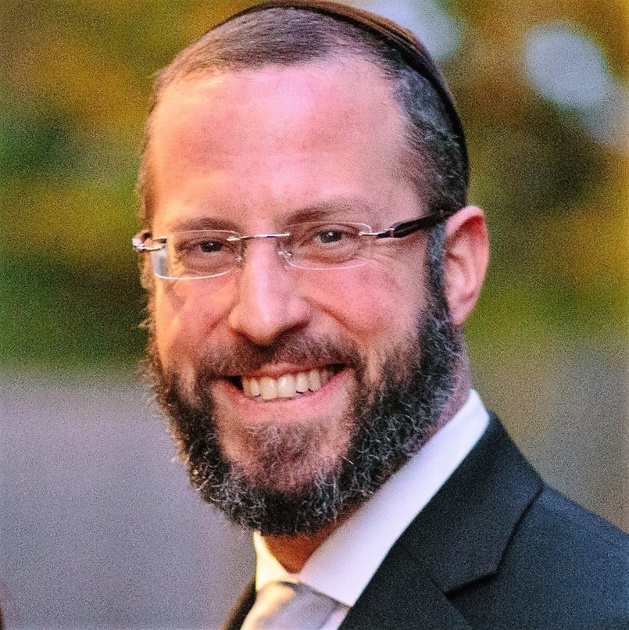
Do you know how to change your car’s motor oil? I don't. When the indicator light is on in my car, I bring it to a mechanic. He changes the filter, puts in new quarts of oil, and usually attaches a clear colorform-like sticker to the top left of my windshield.
I don't know how to remove the oil, dispose of it, or replace the filter.
But there's one thing I am sure of. As long as I keep on saying, “I don't know how to,” that will still be true.
What if I decide that I want to be independent of the gas station and do my own oil changes? I might explore how to do it. I could research it online, ask a handy neighbor’ s advice, or watch a mechanic several times. Perhaps I would do all of those.
A powerful shift would take place as I journey from being unaware to accomplishing. I would go from saying, “I don’t know how to change the oil,” to “How do I change the oil?” Instead of making a statement, I would begin to ask a question. When I would make that shift, I would be speaking volumes. By changing from a statement to a question, I then allow myself to entertain the possibility that I can do it. My sedentary nature becomes activity when I change around a few words and I go from declaring that I don't know how to to inquiring how to.
Sometimes the most significant transformations in life are represented by moving from a statement to a question. When you ask “How,” you are digging yourself out of the quagmire of helplessness to vistas of possibilities. That shift is the key to any successful endeavor, change, or accomplishment.
When you say “I don't know how to,” the punctuation is a period. The sentence is over. There is nothing more to discuss. Intervention, learning, or change can only begin to happen if you append an inquisitive, somewhat mischievous hook to its top. It turns into a question mark. One might say that the goals of teaching and psychotherapy are to put that crooked mark on top of the period.
Consider trying this exercise. Next time you find yourself stating “I don't know how to” do something, change around a few words. Cut of the first three words, “I don’t know,” and begin your sentence with “How.” That seemingly small word shift opens up a universe of possibilities. It dramatically declares to yourself that there are ways for you to do it. Even if you don't have the requisite skills, knowledge, or acumen, you are indicating that it’s something that you can theoretically accomplish.
Positive experiences begin by changing “I don't know how” to “How do I?” The boring period becomes an exciting, daring and perhaps impish question mark. That phraseology and bold punctuation mark is the harbinger of being able to achieve.
I still don't know how to change my oil. I am complacent with keeping that as a statement. But if I want to, or to oil any other change, I would need to make a word shift. I would discard the “I don’t know” and begin with “How do I,” ending with a question mark that hints that a world of possibilities is dawning.
Find this post and more like it at my blog, ShmuelMaybruch.com
 Previous
Previous

